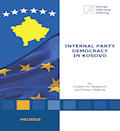

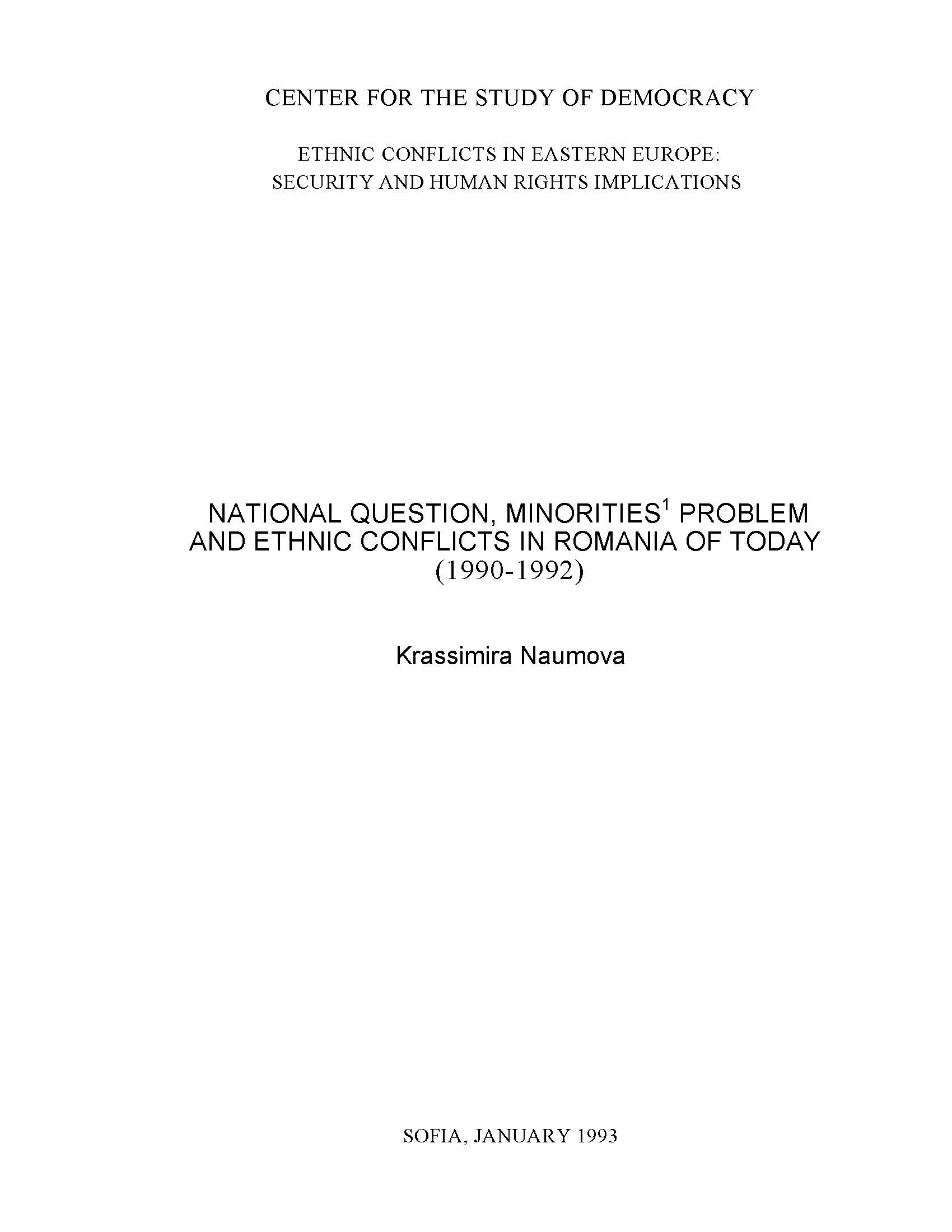
Ethnical misunderstanding, disagreement and conflicts on internal or interstate level might happen as a result of inequality of the national majority and ethnical minorities civil rights (economic, political, cultural, etc.) in the process of formulation and implementation of the state policy of a country. This thesis is aims at clarifying the applicability of the above criteria of aggressiveness to Romania of today (December, 1989 - beginning of 1992).
More...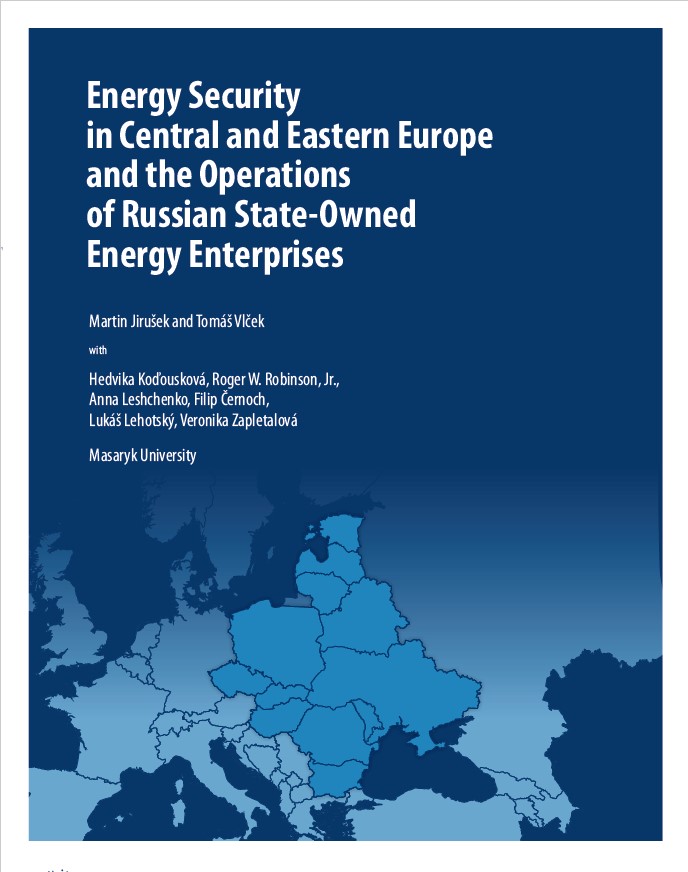
Keywords: Bulgaria; Gas; Energy policy; Gazprom;
Bulgaria is a country located in the South-eastern Europe that experienced similar transition period as its neighbor Romania and joined the EU in 2007. Contrary to the expectations of similarities between Romania and Bulgaria, their situation in terms of energy security differs quite substantially. One of the reasons is rooted in history. Despite its close proximity, Bulgaria did not develop into a position of largely independent country in terms of energy supply. Although its dependence is not the highest, the energy security risks are highlighted by the fact that the only energy source that can be found in Bulgaria inconsiderable amount is lignite.
More...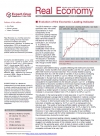
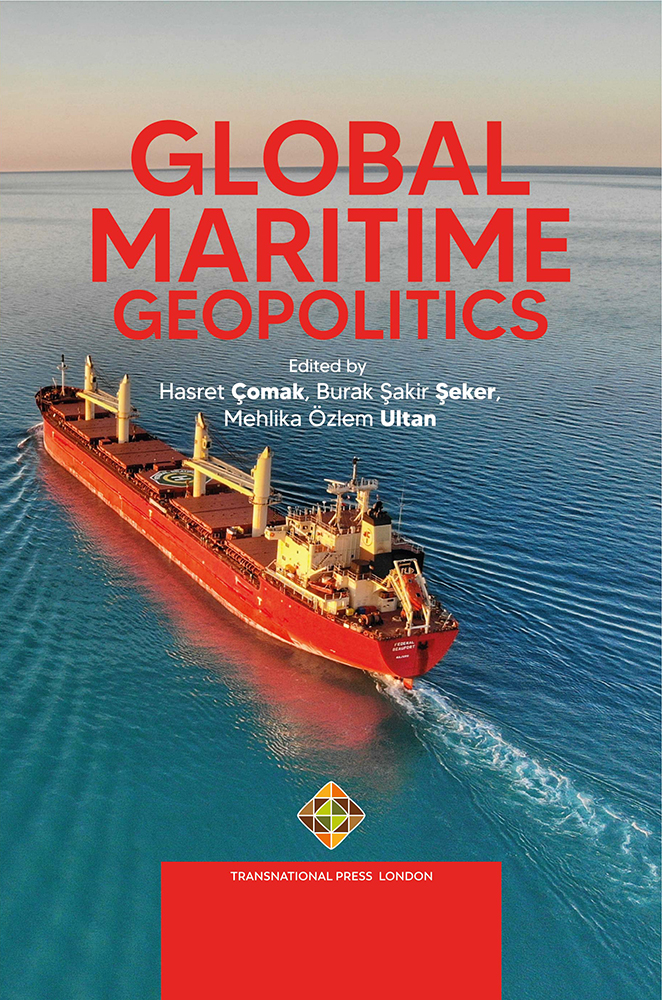
Keywords: Russian Naval Doctrine; Russian Navy Modernization; Russian Federation;
The Russian Federation (RF) is the largest country in the world. It has coastlines on three oceans and thirteen seas. It has one of the most powerful armed forces in the world, especially nuclear weapons. RF is an important country in the world with its permanent member status of the United Nations Security Council, natural resources, defense and space industry, security and foreign policy in line with being a great power. After the collapse of the USSR, RF, which went through a period of collapse in all respects, pursues policies towards being a great power of the multipolar world with the understanding of “strong army, strong economy, strong state” with Vladimir Putin’s rise to power.
More...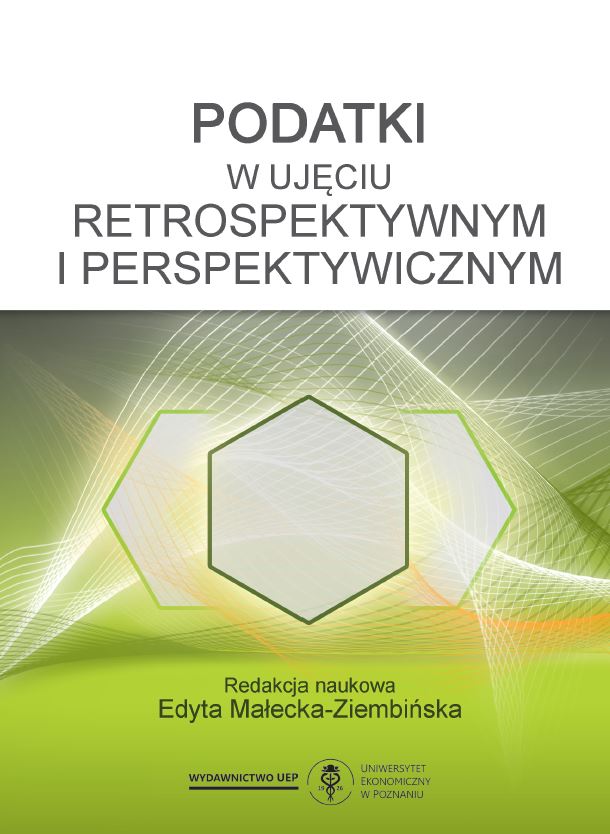
Keywords: podatek VAT;e-handel;cyfryzacja;cyfrowa gospodarka;ekonomia współdzielenia;
Purpose: Evaluation of value added tax (in Poland: goods and services tax) regulations in terms of their adaptation to changes resulting from the development of digitization of the economy, as well as to socio-economic processes. Design/methodology/approach: An analysis of legal acts, a review of tax rulings and proposed solutions concerning VAT taxation presented in the literature. The study addresses issues related to e-commerce and the provision of services at a distance. It also outlines the problem of taxation of the sharing economy. Findings: On the basis of the analysis it may be concluded that the regulations on indirect taxation of digital activity, although they are not without flaws, can be applicable to modern trade and provision of services. However, there are still issues which require developing new solutions (such as taxation of the sharing economy).
More...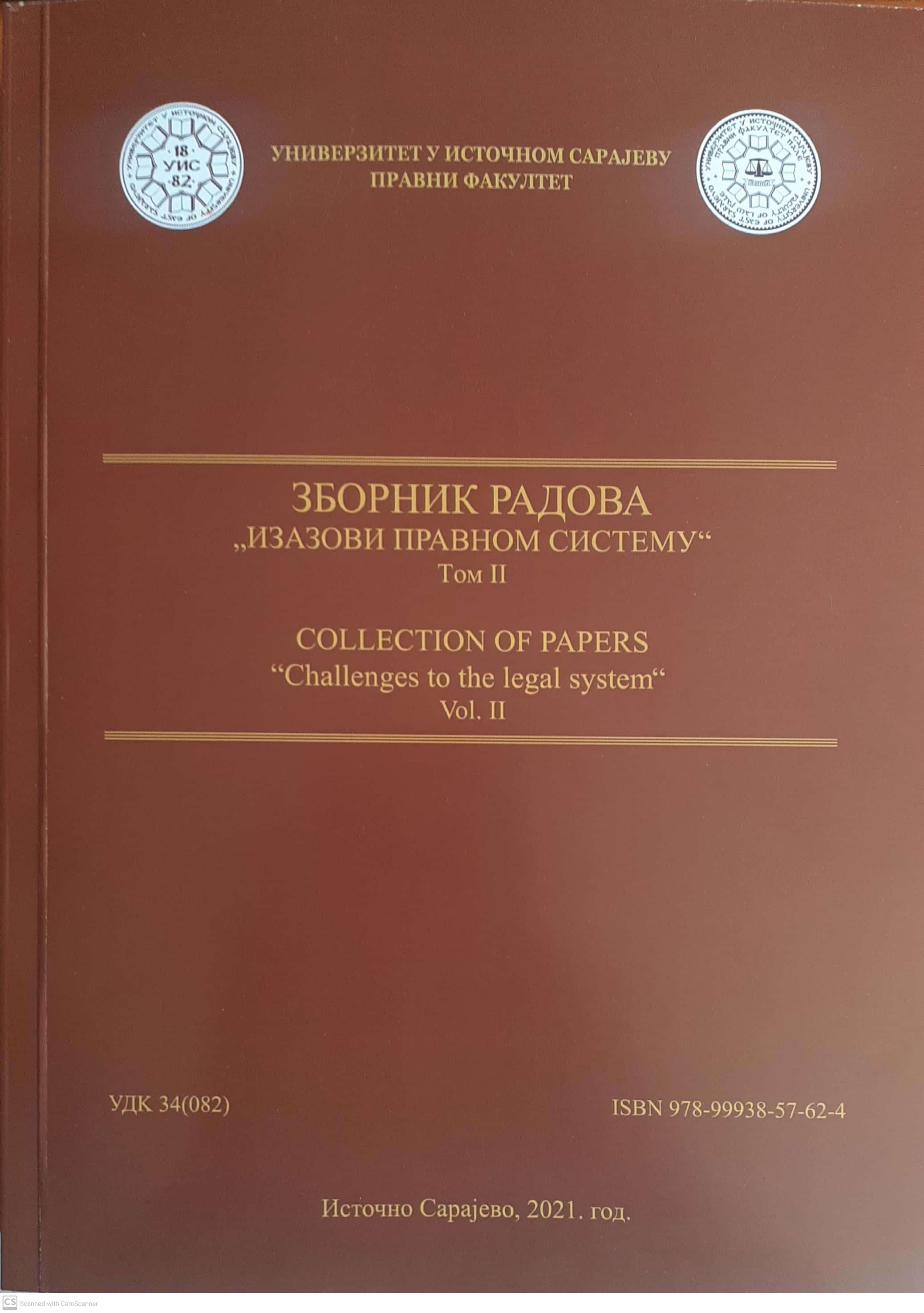
Keywords: European Green Deal; Farm to Fork strategy; Agricultural production; Fishery and aquaculture; Sustainable food system;
The European Commission, being aware of climatic changes and biodiversity losses, caused primarily by human activities, presented both to the European and the world public the European Green Deal on 11 December 2019. The basic goal of this legal document is the transformation of the European Union into a fair and prosperous society with a modern, efficient and competitive economy, where greenhouse gas emission will not exist in 2050 and where economic growth is not conditioned by the use of resources. An integral part of the European Green Deal is the Farm to Fork strategy, for a just, healthy and ecologically acceptable food system, dated 20 May 2020,providing an entire set of measures and activities that the European Union Member States must undertake to reduce adverse influence of agricultural production, fishery and aquaculture on people’s health, environment and biodiversity. Additionally, the purpose of this Strategy is the transition to a sustainable food system that guarantees safety in food provision and access to healthy foodstuffs, simultaneously providing income sources to all the active participants in the food production/ supply chain. The author analyses solutions contained in the European Green Deal related to the creation of a sustainable, just and healthy food system in the Farm to Fork strategy,aiming to shed light to their positive and negative sides, and particularly to any effects they may have on people’s health, environment and biodiversity.For the purpose of this paper, the following methods are used: legal and dogmatic, normative and legal, and sociological methods. Irrespective of the fact that the Republic of Serbia is still not a full member of the European Union, the author advocates in her paper the implementation of solutions and ecological and legal mechanisms, standardized in the European Green Deal and in the Farm to Fork strategy in Serbian law, in order to facilitate the creation of a sustainable food system.
More...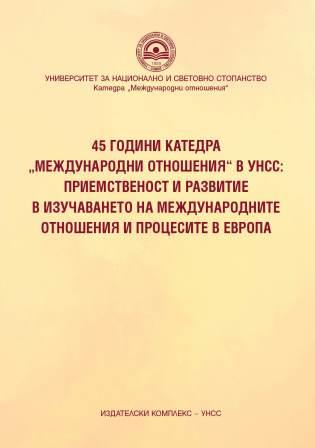
Keywords: geopolitics; geopolitical knot; Iran; Lamasu; Hartland; geostrategic; Great powers; poles of power
The global pandemic situation and the super-realistic experience of a forgotten Karel-Chapek reality from the White Disease, as well as the daily threat of state lock-downs in the eyes of Steven Sodeberg, refracted through the prism of the two-year-old coronavirus disease - called COVID-19 - marks our "Normal" reality. The redistribution of power by regional and global players in the Middle East is also no less significant, which is mostly felt by the events in the Persian universe in 2021. Iran's final turn to the east and its even greater involvement in the One Belt, One Road project suggest even more tension and conflict along the Washington-Beijing axis. In the third decade of the 21st century, the need to reformulate the current world order is becoming more and more important. The old geopolitical notion of the Heartland needs to be revised, and hence a re-examination of a culture unconsciously forgotten in recent decades, and its perception of geopolitics - namely Persian - most tentatively represented by the core of its bearer, the Islamic Republic of Iran as the successor to the former Persian Empire.
More...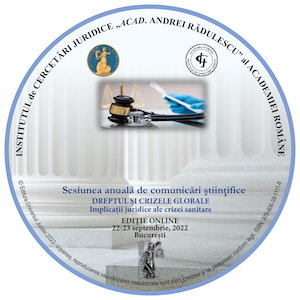
Keywords: digital entry form; pandemic; territorial jurisdiction; temporary law; decriminalization;
In the present study, the authors aim to highlight the successive legislative changes implemented in domestic law in the context of the introduction of the digital entry form, in order to combat the effects of Covid-19 pandemic. The authors also present the differences in judicial practice in the application of specific legislation, aimed at determining the territorial jurisdiction to resolve cases having as object a contraventional complaint, by reference to successive amendments to the law, on the the relevant moment for establishing the competence and the legal consequences resulting from these legislative changes. Finally, the authors aim to offer some solutions arising from the analysis of the identified jurisprudential problems.
More...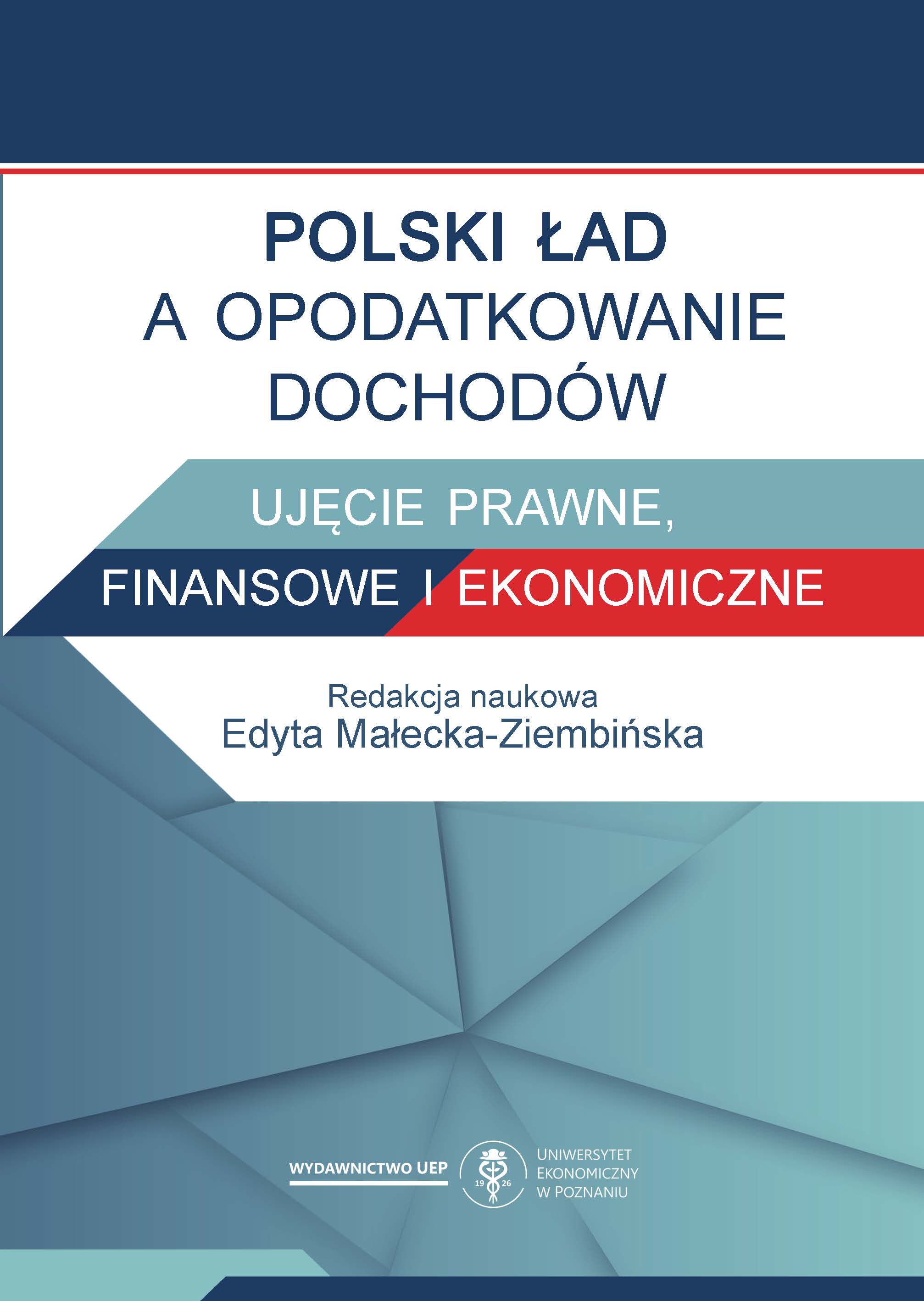
Keywords: prawo podatkowe;jakość prawa;poprawna legislacja;Polski Ład;
Purpose: The purpose of this study is to analyse the legislative process of regulations introduced under the so-called of Polish Deal, which was carried out on the basis of the principles of decent legislation. For the purposes of the analysis, two principles of decent legislation were selected, i.e. the principle of specificity of regulations and the principle of compliance with the law making procedure by the legislator. In addition, due to the tax nature of the regulations, they were also analysed based on the principle of legal certainty. Design/methodology/approach: In the paper the comparative legal method (consisting in the analysis of legal acts, literature and jurisprudence) was used. At the beginning, the principles of decent legislation and the principle of legal certainty are briefly characterized. Then, the legislative process of changes introduced as part of Polish Deal was analysed in order to indicate examples of its elements that could violate the above principles. Findings: The numerous irregularities in the legislative process concerning Polish Deal described in this study confirm that the principles of proper legislation and legal certainty were violated in its course. The essence of these principles implies the necessity to enact laws that will implement the principle of specificity of provisions and with the observance of the appropriate procedure for its enactment. Meanwhile, the acts covered by Polish Deal were processed quickly, in violation of such important principles as, e.g., keeping an appropriate period of vacatio legis, which in the case of establishing the tribute law may have particularly unfavorable effects, because they affect the taxpayers’ income and property sphere, and may destabilise state tax system. Other shortcomings of the legislative process that violated the principles of proper legislation were the lack of public consultations on bills covered by Polish Deal, or the poor substantive quality of the regulatory impact assessment that applied to them.
More...
Keywords: Polski Ład;audyt wewnętrzny;audytor wewętrzny;analiza ryzyka;zarządzanie ryzykiem;
Purpose: Identification and characterization of the risks whose main factor is Polish Deal. The risks are considered from the perspective of the employer, regardless of its organizational and legalform, in terms of personal income tax. Design/methodology/approach: A literature survey of peer-reviewed journal articles, survey reports and books on risk management and internal audit is used as the research methodology. Legal acts were also analysed. Findings: Polish Deal is the implementation of government policy and from the point ofview of risk analysis is the materialization of political risk. It required changes in legislation, which in turn triggered the need for organizations to take action to adapt to the modified legal requirements. Political risk resulted in the materialization of legislative risk. Legislative risk associated with the Polish Order, in turn, is associated with the emergence of eight categories of risks at the operational level of the organization: tax risk, legal risk, HR risk, technology risk, communication risk along with image risk, and two multidimensional risks – organizational riskand financial risk.
More...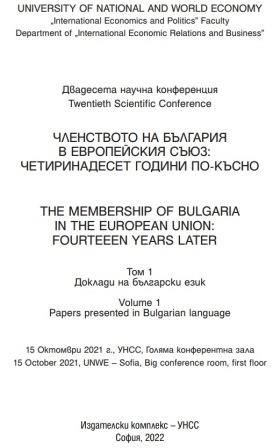
Keywords: European Union; Multiannual Financial Framework; Budget; Financing; Cohesion Policy; Sustainable Development; Capital Markets; Economic Crisis
It is well known that the public budget is the main instrument through which governments regulate economic life within a country, in the same time that of the European Union (EU) is significantly smaller, but charged with the difficult task of implementing the Union’s priorities for the next seven years. The main goal of the study is to identify the novelties in the priorities of the long-term EU budget for the period 2021 – 2027, which are predetermined by the radically new goals for the economic doctrine of the Union. The scientific novelty of the priorities set out in this financial framework, especially as regards cohesion policy, is just one of the particular manifestations of the new course of economic integration that make this budget specific. The innovative moments in the traditionally conservative financing of the EU budget, in turn, illustrate this new course of integration and radically change the currently known ideas about the structure of the Multiannual Financial Framework. The study aims to provide a conceptual idea of the root causes of the need to change both the prioritization in the budgetary procedure and the innovative financing of budget expenditures, thus to be proved empirically that such a reorientation actually solves some of the problems of European budget in times of crisis for economies.
More...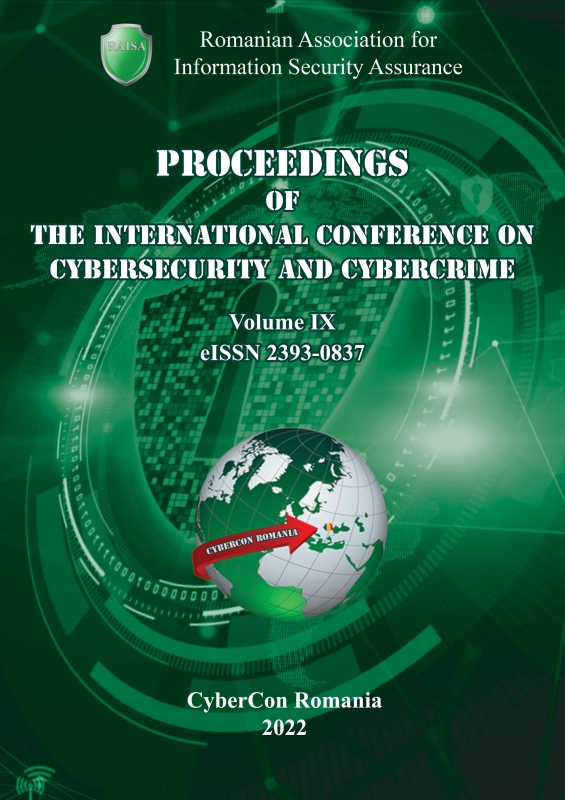
Keywords: AI; Decision-making; Human-machine teams; Hyperautomation; IoT;
This paper brings together authors from a diverse range of technical areas to discuss the evolving cyber threat landscape and how military forces, have transformed their capabilities to meet present-day operational challenges in cyberspace. The Internet of Things (IoT) is based on the premise that enough data can lead to new perspectives on processes and systems. With over 7 billion IoT devices connected today, experts expect that number to increase to 22 billion by 2025. They can be used to support decisions and new products and services, or they can lead to internal savings and new external revenue streams. Despite countless discussions and opinions on the definition of AI in its various facets, successful IoT implementation projects require major actors to play their part, but in conjunction with human experts to work with to make better decisions in cyberspace, improving the quality of human-machine team’s actions in asymmetric operations. The Defence domain already looking at ways to organize better human-machine teams, which promise to boost individual and team performance, reduce threats to humans, enable new operating concepts, and ultimately boost national power.
More...
Keywords: digital transformations; telemedicine; pandemic; COVID-19; virtual medicine
The time of the global pandemic COVID-19 initial, popularized, and consolidated virtual medicine in all over the World. A massive change of interpersonal and business relations in global scale has been forced profound modifications on medical market. A visit to a medical doctor, a meeting with a nurse, diagnostic examination will not look the same as before. Facilitating access for patients and reducing cost of system.
More...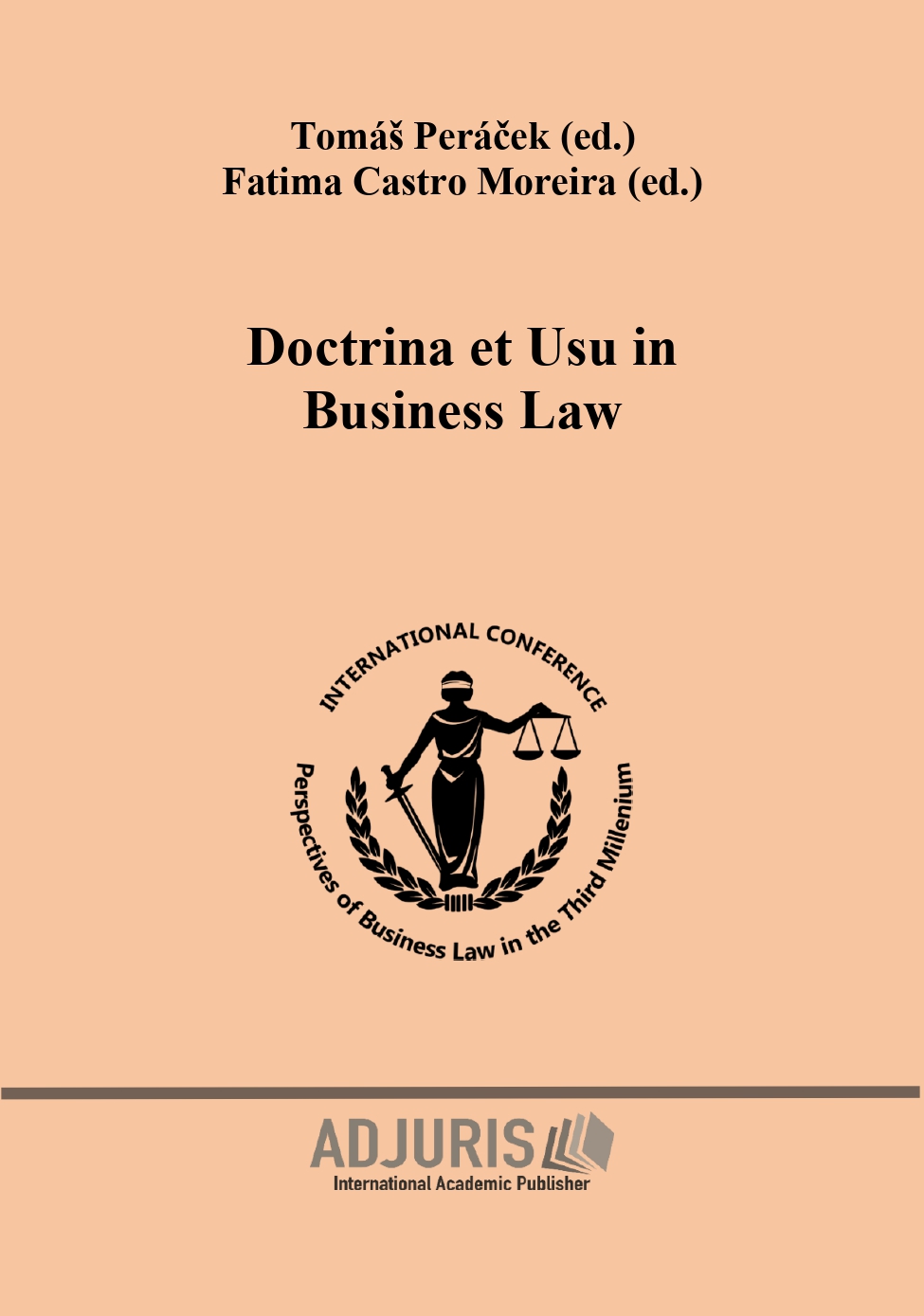
Keywords: entrepreneurial environment; business law; digitalization; notary public; real estate;
At the beginning of the third millennium, the business environment is undergoing unprecedented developments, largely due to the many events facing humanity - the COVID-19 pandemic, war, the rapid transition to renewable energy, economic globali-sation and the emergence of multinationals - thus accelerating digitisation. Digitisation in the business environment involves the use of tools and technologies that make work more efficient, create new business 'patterns', but at the same time requires an appropriate legislative framework. The legal "industry" is faced with the challenge of finding legislative solutions to bridge the gap between the entrenched realities of the entrepreneurial environment and the digital future of business. And this extremely difficult task falls to a large extent to legal practitioners, among whom an important position is occupied by the notary public, especially in the field of real estate. Real estate is inextricably linked to the notary public. The notary public must be able to act as a temporal portal between the established practice of real estate transactions and digital real estate transactions. At the same time, the notary public must rethink the methods of application of the various institutions of civil law in order to guarantee the safety and security of each party involved.
More...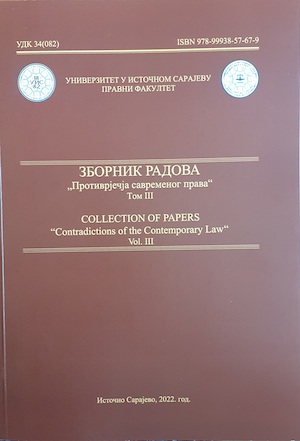
Keywords: Open Balkan; Tax cooperation; Exchange of information in tax matters; Convention on mutual administrative assistance in tax matters; Effectiveness of fiscal supervision;
In a more globalized world, the need for mutual legal assistance is growing, so it is clear why successful implementation of the Open Balkan initiative requires increased cooperation in tax matters between Serbia, Albania and North Macedonia. In this paper the author deals with the possibilities for tax cooperation between these countries under bilateral tax treaties , Convention on Mutual Administrative Assistance in Tax Matters etc. After providing a description of the current legal framework for the cooperation, it will be examined whether the standards of tax cooperation developed by Serbia, Albania and North Macedonia are equivalent to the standards within the European Union, in order to determine whether the lack of appropriate legal framework can serve as a justification for the Member States to restrict the free movement of capital in situations involving Serbia, Albania and North Macedonia. Finally, the author formulates proposals that could improve cooperation in tax matters between these countries. One of these is a signing multilateral convention. Another option is revision of double taxation agreements, especially agreements concluded between Serbia and North Macedonia and Serbia and Albania, in line with updated version of OECD Model Tax Convention, as well as signing social security agreement between Serbia and Albania.
More...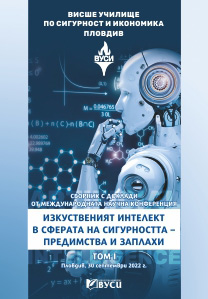
Keywords: artificial intelligence; talents; strategy; digital sovereignty; armed forces; national security
The report examines the challenges facing small countries in relation to the entry of artificial intelligence into social and economic life and the digital transformation of the Western world. The main risks and threats to the security, governance and digital future of countries with more modest capabilities are presented. Many countries have to solve the complex task of finding the balance between digitization and economic development on the one hand and their security, digital sovereignty and economic future on the other. Changes in the security environment present small countries with existential challenges, where in the digital arena they may die.
More...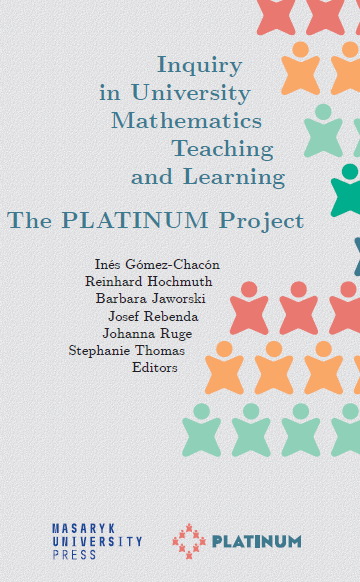
Keywords: thinking mathematically; inquiry; University of Agder; PLATINUM;
The University of Agder (UiA) is a public university located in the southern part of Norway on two campuses, one in a larger city of Kristiansand where the university administration and most faculties are situated and another in a smaller town of Grimstad, about 45 kilometres distant from the main campus. UiA is one of the youngest universities in Norway, yet its history dates back to 1839 when the Teacher Training School was established at Holt rectory. Being one of the major driving forces for the regional development, UiA is also internationally oriented; it contributes to many international projects in education and research as a leading organisation (as in PLATINUM) or as a partner. The university is the home to about 13,000 students and 890 academic staff. It is organised in six faculties: Faculty of Engineering and Science, Faculty of Fine Arts, Faculty of Health and Sport Sciences, Faculty of Humanities and Education, Faculty of Social Sciences, School of Business and Law and has a Teacher Education Unit.
More...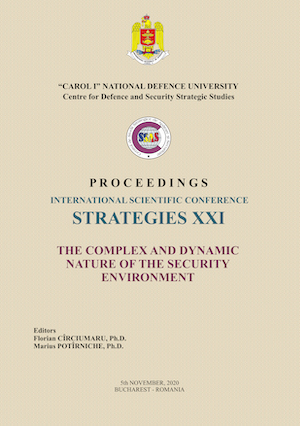
Keywords: European Union; security and defence; crisis management; CFSP/CSDP; civilian capability development; training; Romania; Civilian Compact;
The paper discusses the importance of training for the success of Romania’s contribution to the Common Security and Defence Policy (CSDP) of the European Union. At the time when the EU Member States are taking concrete measures to implement the European Compact for a Civilian CSDP (2018) and the second annual progress report is planned, Romania is still struggling with the inter-institutional negotiation of the would-to-be National Strategy for the Implementation of the Civilian CSDP Compact, not yet approved by the Government. However, training is not seen as a strong point in the future strategic document, probably because there is not real coordination in the field. Despite the increased interest in CSDP related training (the number of the Romanian members of the European Security and Defence College multiplied five times in just two years), the training institutes are not working in a coordinated way and most of their CSDP training seems mostly related to individual projects or targets and not following a national policy, nor national objectives related to the Civilian Compact implementation. The debate opened by this paper aims to increase the awareness at the national authorities’ level and to suggest the way ahead in liking training to the Romanian policy on CSDP.
More...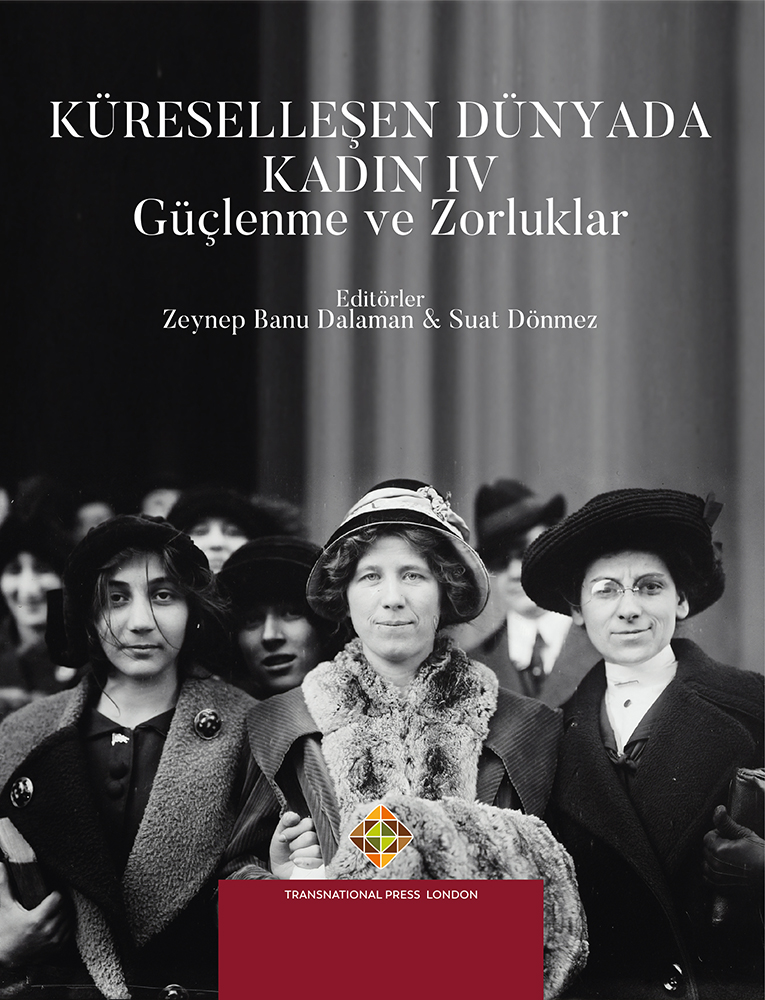
Keywords: Kalkınma; kalkınma planı; kadının güçlenmesi; toplumsal cinsiyet; Development; development plan; empowerment of women; gender
The goal of the Development Plans is to develop targets and tools to ensure a balanced distribution of all resources, economic activities and human capital of countries for economic and social development. With the policy objectives prioritized in the context of Development Plans, it is aimed to ensure and maintain economic development by building high welfare societies across the country with egalitarian policies. In the process of creating Development Plans, some groups and special areas should be supported with effective tools, with policies defined in an equal and fair manner for all segments of the society. At the beginning of these groups is the title of women. Especially in the context of the place of women in development, discussions continue from many different perspectives from the 1970s. Within the framework of the study, first of all, theoretical and conceptual explanations will be given about which paradigms and Feminist tradition processes the title of “women’s empowerment” is handled. Afterwards, the development plan tradition and the perspectives and paradigms of women’s empowerment in the preparation process will be mentioned. In particular, in the topics of empowerment and women, the approach that evolves into empowerment, strengthening and participation will be discussed and the transformation of the paradigm will be included. In this study, in terms of form and content, the background of which goals and paradigms are discussed under the title of “women’s empowerment”, which is considered to be one of the special areas that should be supported in the process of preparing the current development plans in the tradition of the Development Plan in Turkey. In this context, the current paradigm and its effects will be evaluated by analyzing the development plans separately. In the last part of the study, the positive and deficient aspects of the women’s empowerment approach are also discussed within the framework of Turkey’s Development Plan perspective.
More...